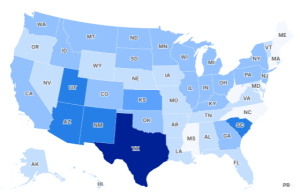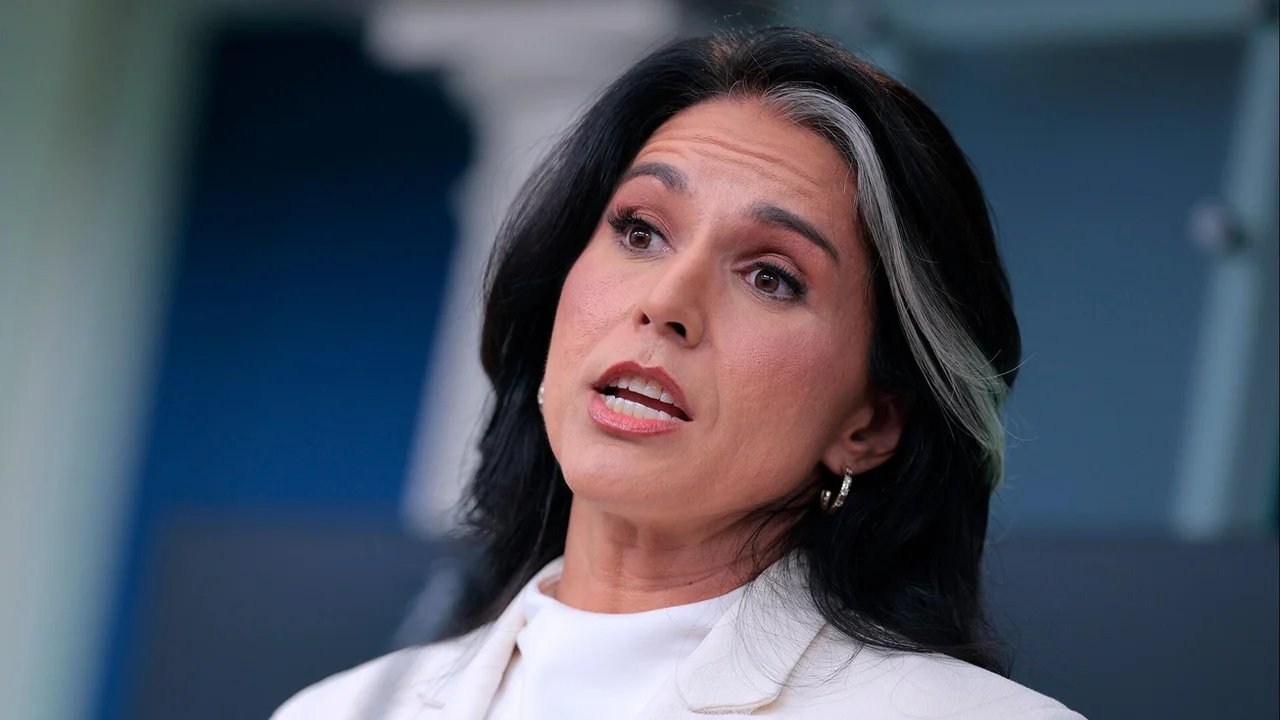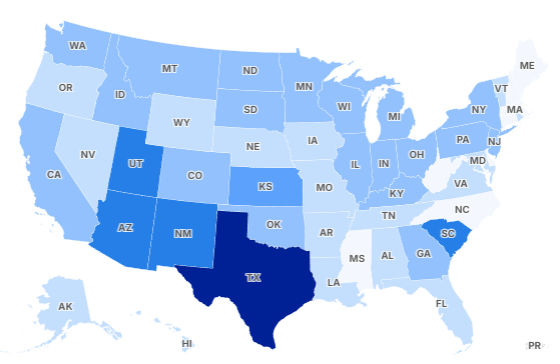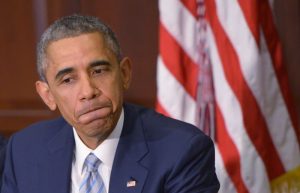In a week marked by sharp political shifts and renewed scrutiny of longstanding investigations, public attention turned toward a prominent figure once central to a historic federal inquiry. The reaction online was swift, with some observers speculating about the motivations behind sudden moves by individuals once tied to the 2016 election aftermath.
On July 18, Director of National Intelligence Tulsi Gabbard formally released a cache of documents related to what she called “coordinated activity between U.S. intelligence agencies and political operatives.” The release included a memo and supplemental materials that Gabbard referred to the Department of Justice for criminal investigation.
The referral named multiple individuals who held senior intelligence roles during and after the 2016 U.S. presidential election, alleging improper conduct that may have impacted federal investigations and public trust. According to Gabbard, the documents reveal years-long efforts to influence or undermine the administration of former President Donald Trump during and after his initial victory.
While DOJ officials have not publicly commented on the referral, the materials were described by insiders as spanning multiple agencies and containing cross-referenced communications. Among those mentioned were former FBI and CIA leaders, including individuals who played key roles in the FBI’s Crossfire Hurricane investigation.
Shortly after Gabbard’s disclosure, observers noticed that one public figure—who had previously defended his role in the FBI’s probe into alleged Russia-Trump campaign ties—suddenly deleted all content from his X (formerly Twitter) account.
That individual is Peter Strzok, the former FBI counterintelligence agent who oversaw the early stages of the Trump-Russia investigation and was later removed from Special Counsel Robert Mueller’s team due to the release of politically charged text messages. Strzok, who had worked on both the Clinton email probe and the Russia inquiry, was fired by the FBI in 2018.
Since his departure from the Bureau, Strzok had remained publicly active, both as a contributor on MSNBC and as an adjunct professor at Georgetown University. He continued to comment on national security matters and frequently criticized Donald Trump’s foreign policy stances, especially regarding NATO, Russia, and Ukraine.
The sudden deletion of all content from his X profile raised questions among journalists and online communities alike—particularly given the proximity to the document release and DOJ referral.
Public Reaction on X
As word spread about the account deletion and Gabbard’s memo, several X users quickly weighed in with reactions. Posts from prominent political commentators and meme accounts gained traction within hours:
These posts speculated about Strzok’s motivations for wiping his account, with some framing it as a sign of concern following the document release. Others dismissed the move as potentially unrelated or even routine.
To date, Strzok has not issued a public explanation for deleting his account contents, and there has been no official confirmation linking the action to the memo or any pending investigation.
Context and Background
Peter Strzok first gained national attention due to his prominent role in two major FBI cases: the Hillary Clinton email investigation and the Crossfire Hurricane probe into potential links between Trump’s campaign and Russia.
In 2018, internal messages between Strzok and then-FBI attorney Lisa Page were released, revealing strong political opinions about then-candidate Trump. The texts, sent while they were also engaged in an extramarital relationship, were cited by Trump and his allies as evidence of bias within the FBI.
Strzok was terminated by the FBI later that year, with then-Deputy Director David Bowdich citing the damage his conduct had done to the agency’s reputation.
Since then, multiple federal reviews—including the Justice Department Inspector General report and the 2023 Durham Report—have raised questions about the FBI’s handling of the Russia investigation. While the Durham report criticized the agency’s basis for opening the probe, it did not allege criminal misconduct by Strzok or others.
What Happens Next
As of now, no charges have been filed based on the documents released by Tulsi Gabbard. The Department of Justice has not confirmed whether it will act on the referral.
However, calls for further transparency have grown louder across the political spectrum. The newly disclosed materials have reignited public debate over the role of intelligence agencies in domestic political matters—and how accountability should be pursued without undermining public trust in national institutions.
Whether Strzok’s online actions have any deeper connection to these events remains to be seen. But for now, both Congress and the public appear to be watching closely.

Emily Johnson is a critically acclaimed essayist and novelist known for her thought-provoking works centered on feminism, women’s rights, and modern relationships. Born and raised in Portland, Oregon, Emily grew up with a deep love of books, often spending her afternoons at her local library. She went on to study literature and gender studies at UCLA, where she became deeply involved in activism and began publishing essays in campus journals. Her debut essay collection, Voices Unbound, struck a chord with readers nationwide for its fearless exploration of gender dynamics, identity, and the challenges faced by women in contemporary society. Emily later transitioned into fiction, writing novels that balance compelling storytelling with social commentary. Her protagonists are often strong, multidimensional women navigating love, ambition, and the struggles of everyday life, making her a favorite among readers who crave authentic, relatable narratives. Critics praise her ability to merge personal intimacy with universal themes. Off the page, Emily is an advocate for women in publishing, leading workshops that encourage young female writers to embrace their voices. She lives in Seattle with her partner and two rescue cats, where she continues to write, teach, and inspire a new generation of storytellers.









